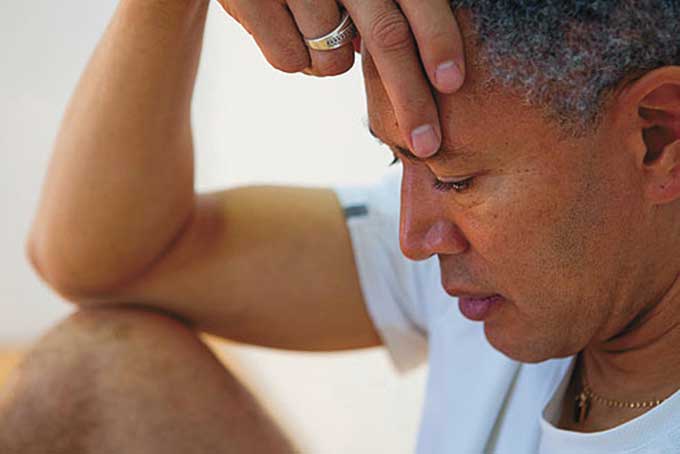
Though attitudes are changing slowly, many people still don’t like to talk about mental illness. Yet, the National Institute of Mental Health reports that an estimated 26.2 percent of Americans 18 and older (about one in four adults) suffer from some kind of mental illness. It’s also the leading cause of disability in the U.S. Mental illness can describe different disorders from schizophrenia to anxiety to depression. Depression can often go hand-in-hand with other disorders. It can also occur at any point in the lifespan.
According to the Centers for Disease Control and Prevention, about one in 10 Americans suffers from depression each year. Everyone has days when she or he just feels sad or “blue,” especially during our region’s long, cold winters. But, depression is more than that. It’s a serious mental illness that affects a person’s thoughts, feelings, behavior, mood and physical health for longer than a couple of weeks. It isn’t caused by one single thing. Signs of depression most often include:
• Feeling sad or empty
• Not having as much interest in things you used to enjoy
• Changes in eating or sleeping habits
• Feeling restless or slowed down
• Feeling very tired
• Feeling worthless
• Finding it hard to think clearly
Even though many people experience depression or know someone who has, it’s still a hard thing to talk about. The Allegheny County Health Survey, done in 2009-2010, asked adults about life satisfaction and social support. Black adults reported feeling dissatisfied with their lives more often (14 percent) than White adults (8 percent). In addition, the percentage of Black adults was much higher (11 percent) than White adults (7 percent) who said they never or rarely get the support they need. People feel a stigma, or shame, in talking about mental illness. The National Alliance on Mental Illness estimates that two-thirds of people with depression don’t get the help they need. According to Charles Reynolds III, MD, UPMC Professor of Geriatric Psychiatry at the University of Pittsburgh, shame is one reason African Americans in particular have trouble getting help.
